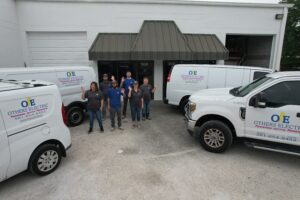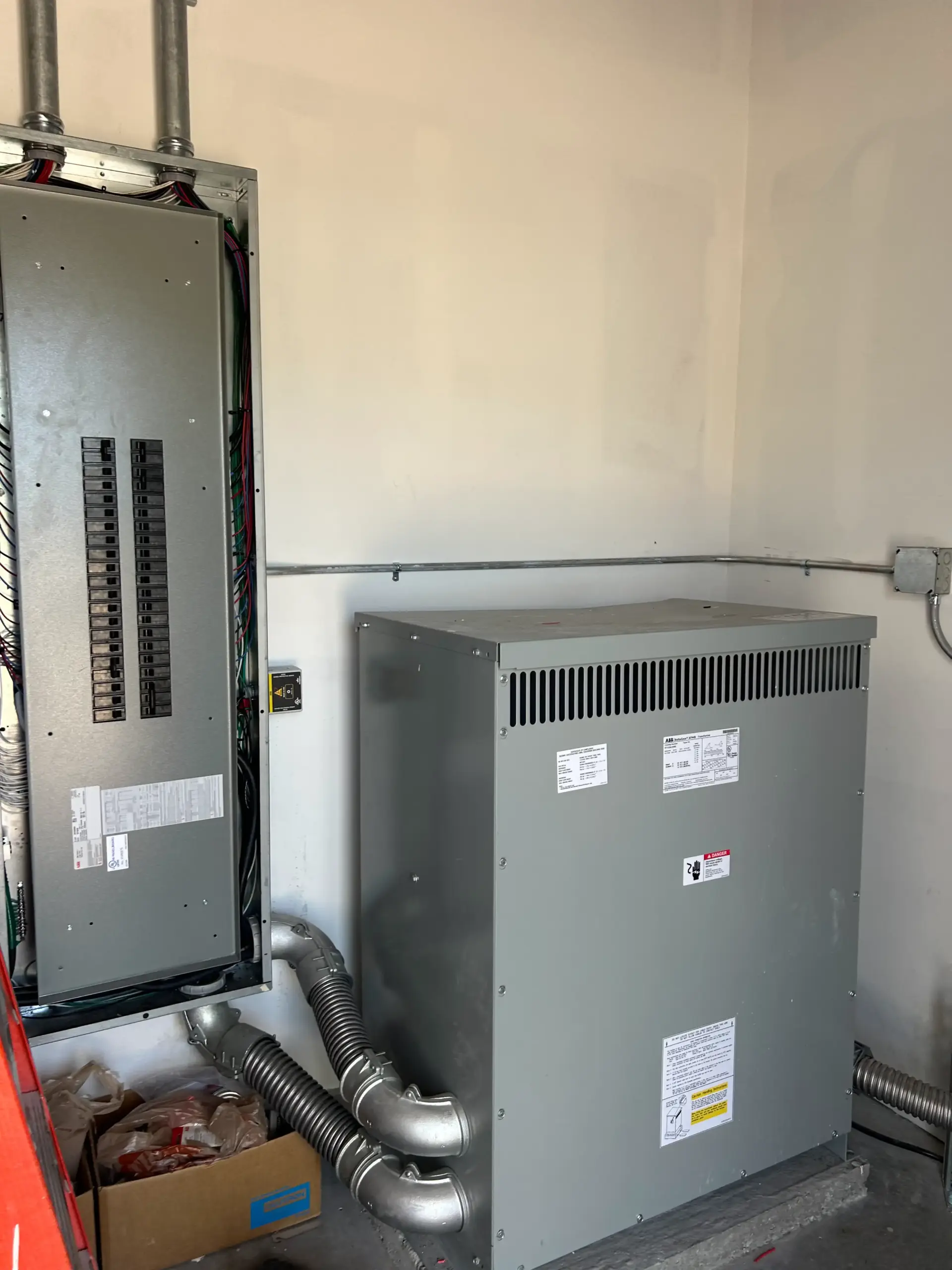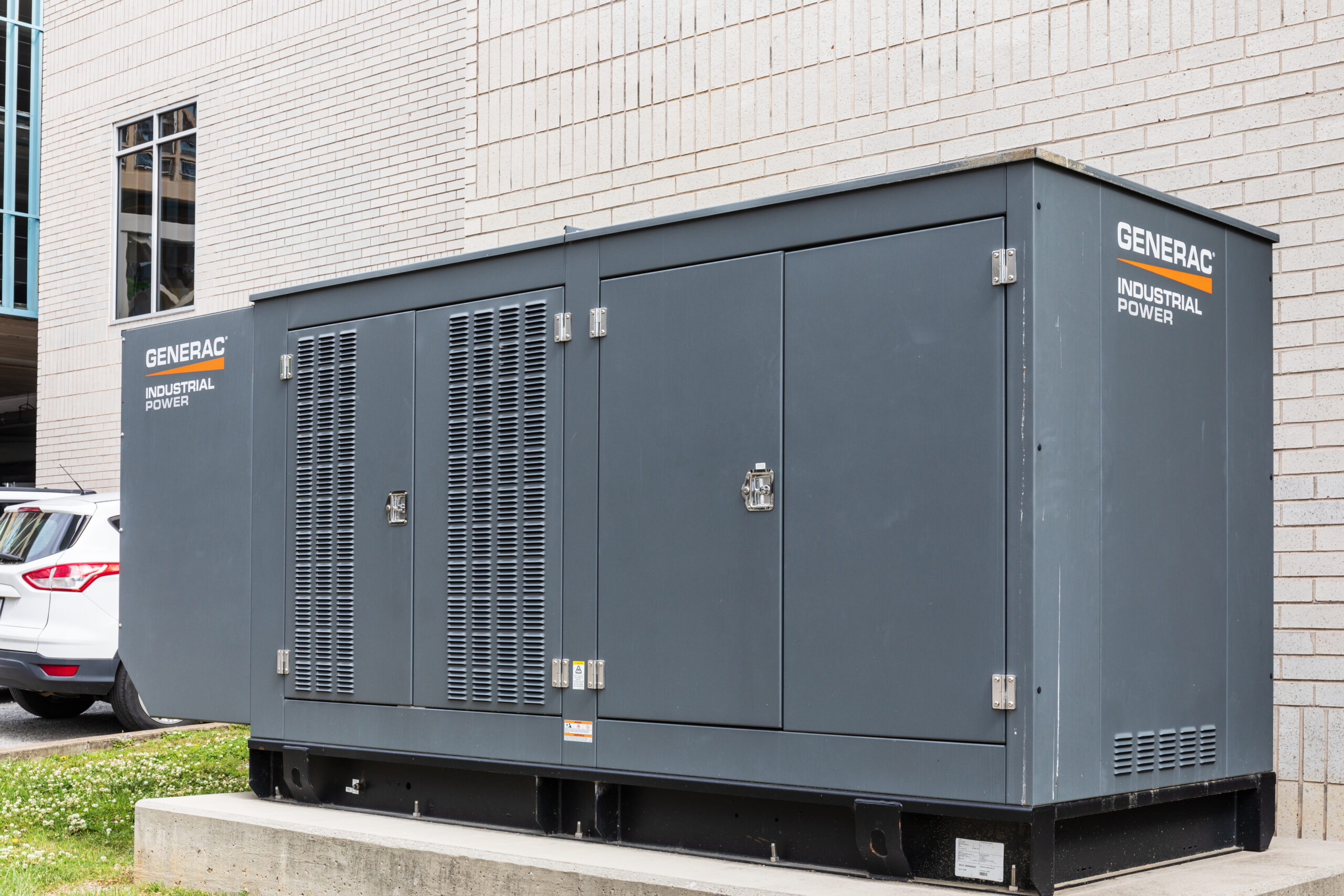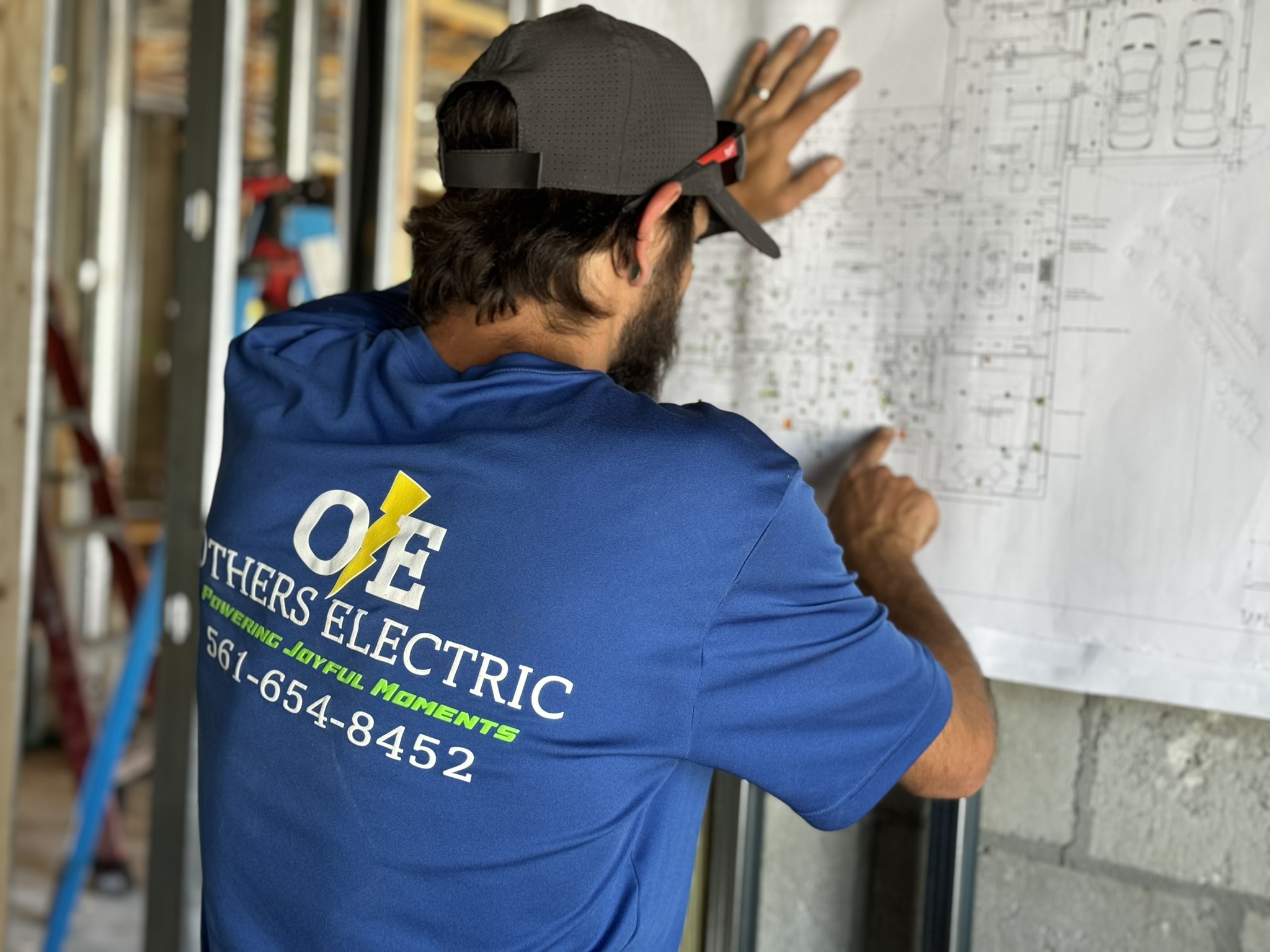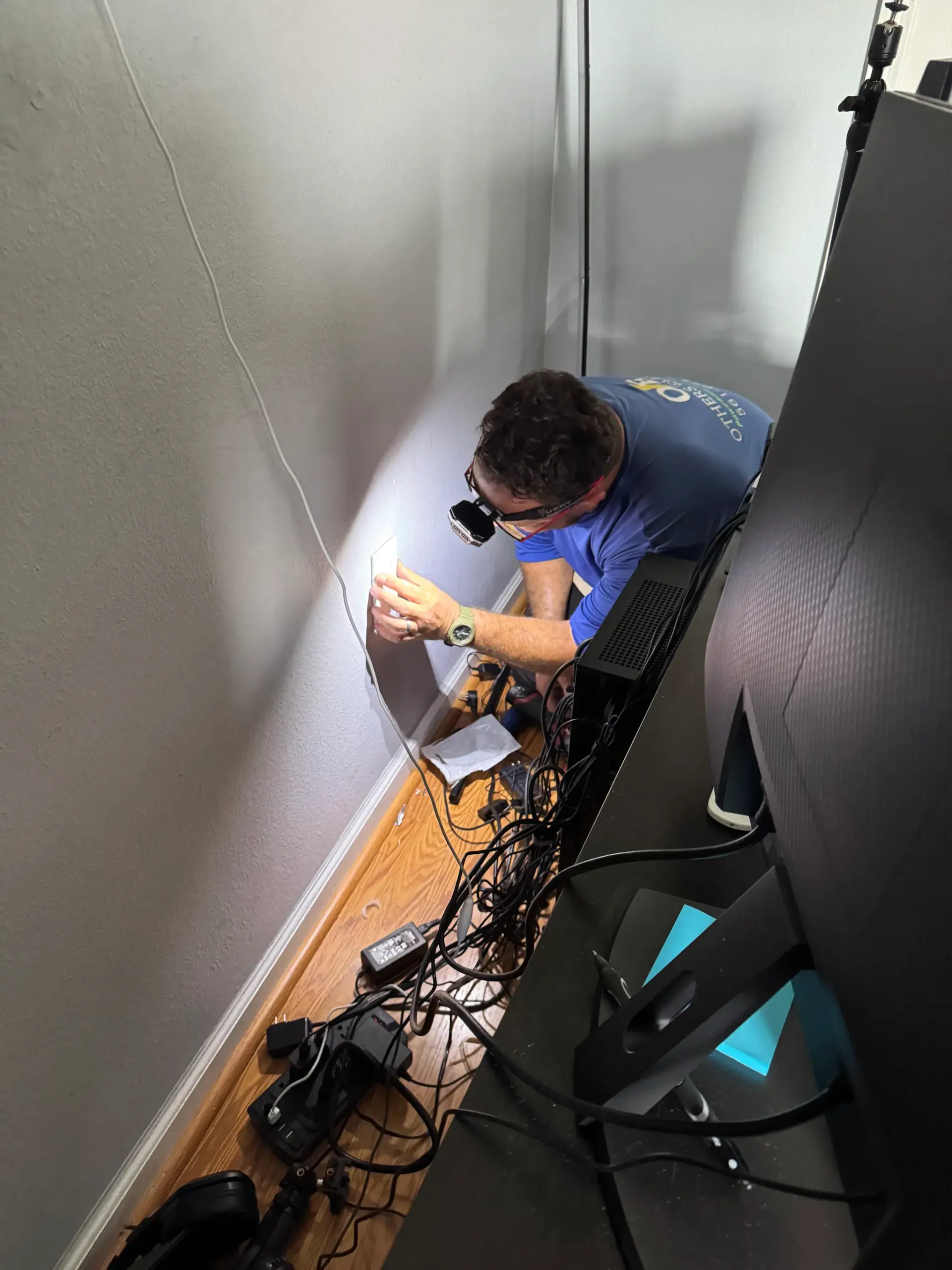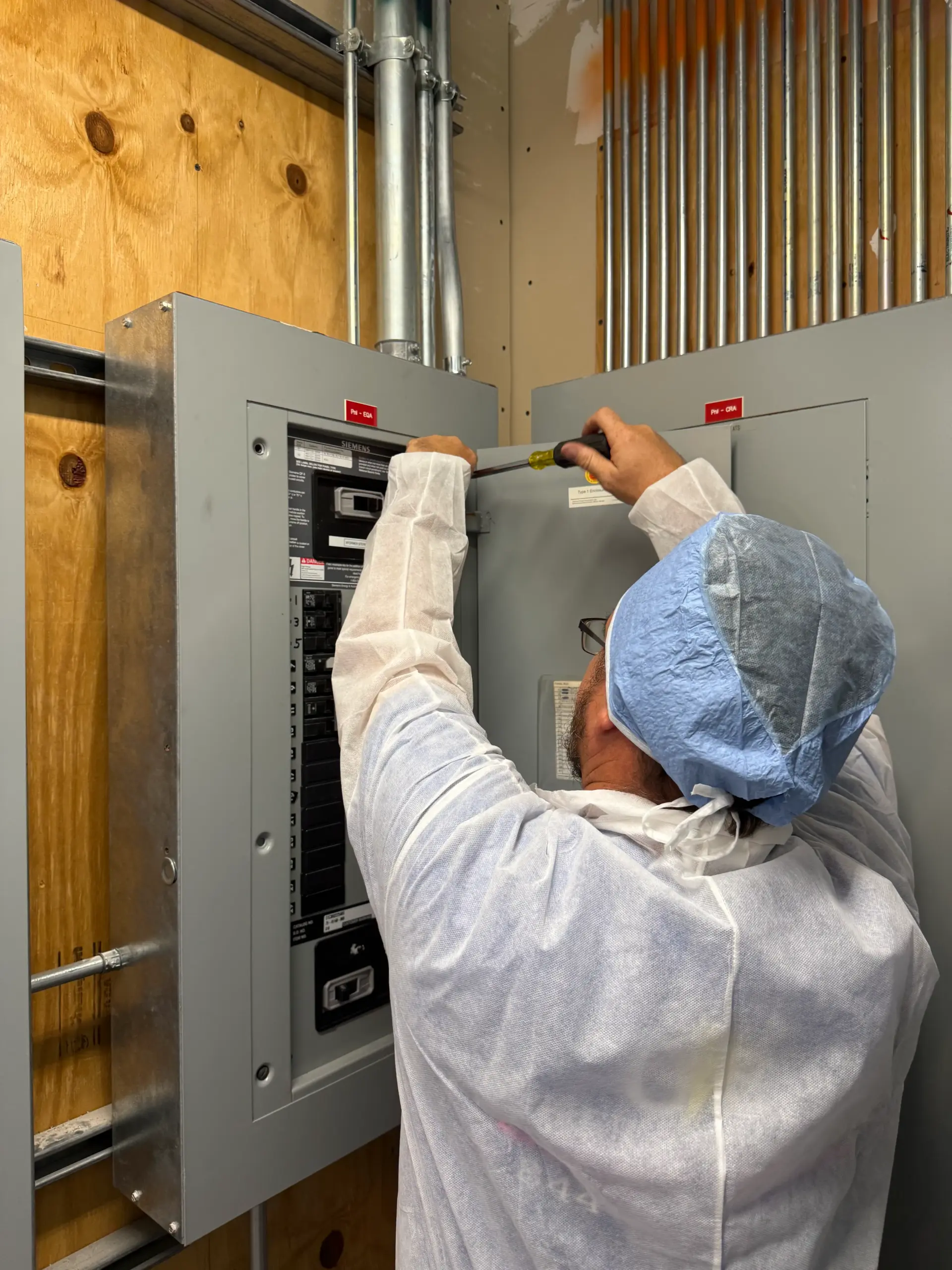Hurricane season is one of the most critical periods for residents and businesses across Florida. Known for its vulnerable coastline and subtropical climate, Florida frequently finds itself in the crosshairs of major tropical storms and hurricanes. Understanding when hurricane season occurs in Florida is vital not only for personal safety but also for electrical preparedness, infrastructure protection, and smart energy planning. In this article, we will explore the timing and significance of hurricane season in Florida, its implications for electrical systems, and how residents can proactively prepare.
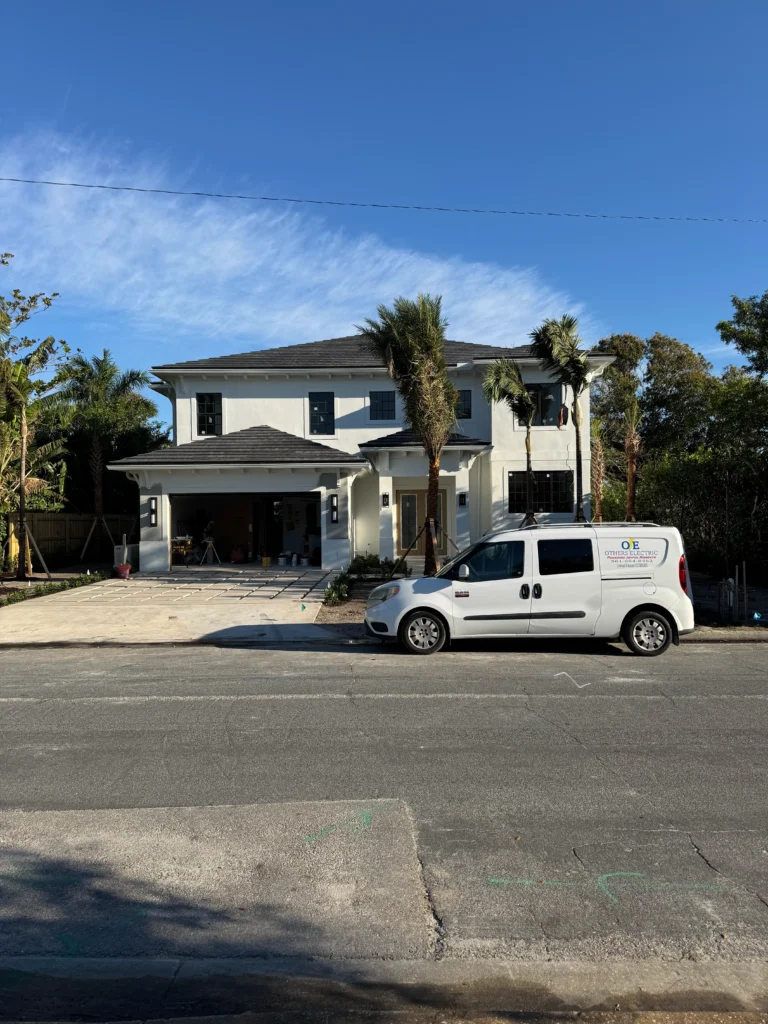
The Official Hurricane Season Timeline
Hurricane season in Florida officially begins on June 1st and ends on November 30th each year. These dates are set by the National Hurricane Center (NHC) and reflect the period during which the majority of Atlantic hurricanes are expected to develop. While hurricanes can technically form outside of this window, the historical data shows that most tropical activity occurs during this six-month stretch.
Peak Months for Hurricane Activity
Although hurricane season spans half the year, the most intense activity typically occurs between mid-August and late October. This peak aligns with the warming of Atlantic Ocean waters, which fuels the development and intensification of tropical cyclones. September 10th is statistically the most active day of the hurricane season.
Understanding these peak periods is crucial for homeowners and property managers, especially when it comes to scheduling electrical inspections, reinforcing systems, and ensuring backup power solutions are in place before a storm strikes.
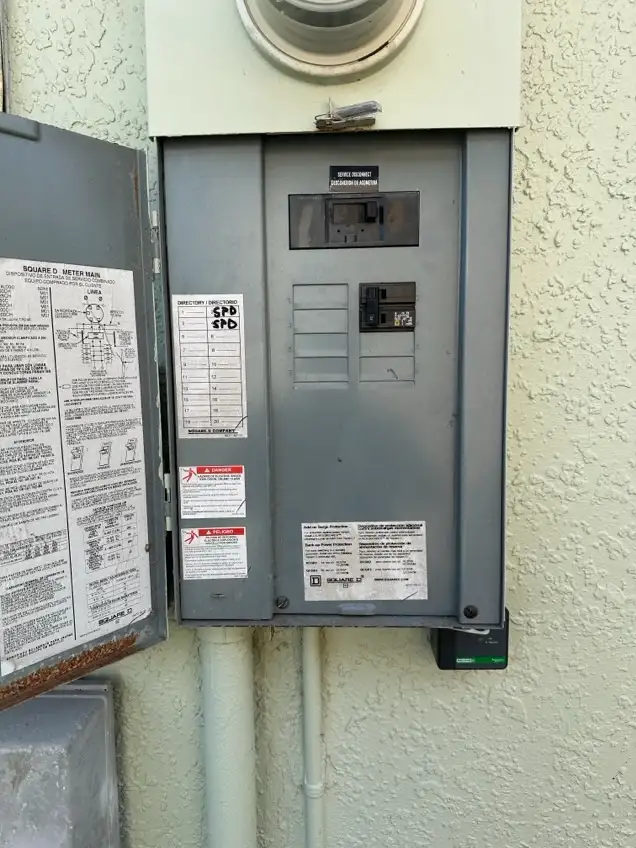
Why Florida is So Hurricane-Prone
Florida’s geographical location makes it particularly susceptible to hurricanes. Positioned between the Gulf of Mexico and the Atlantic Ocean, the state serves as a corridor for storms that originate in the Caribbean, Gulf, or off the western coast of Africa. Its flat topography and long coastline further increase exposure to storm surges and flooding.
For these reasons, Florida has experienced more direct hurricane landfalls than any other U.S. state. This heightened risk emphasizes the need for robust electrical infrastructure, storm-resistant housing, and community-wide awareness campaigns.
Impact of Hurricane Season on Electrical Systems
During hurricane season in Florida, electrical systems face significant stress. High winds, lightning strikes, and flooding can cause downed power lines, damaged substations, and widespread outages. For residential and commercial customers alike, the consequences can range from minor inconveniences to major disruptions.
Electrical surges and power flashes—brief but intense electrical discharges—are common during storms and can damage appliances, HVAC systems, and sensitive electronics. Backup generators, whole-house surge protectors, and smart electrical panels can play a key role in minimizing this damage.
Preparing Electrically for Hurricane Season
Being proactive about electrical preparedness before hurricane season in Florida can make a meaningful difference. Key steps include:
- Scheduling a licensed electrician to inspect your panel, wiring, and grounding systems.
- Installing a surge protection system to safeguard your appliances and electronics.
- Ensuring your backup generator is in good working order and properly wired.
- Trimming tree limbs near power lines to reduce the risk of outages.
Others Electric offers comprehensive residential and commercial electrical services designed to improve safety and resilience during hurricane season. For property managers and homeowners, having an expert team assess your electrical system can be the difference between riding out the storm and facing costly repairs.
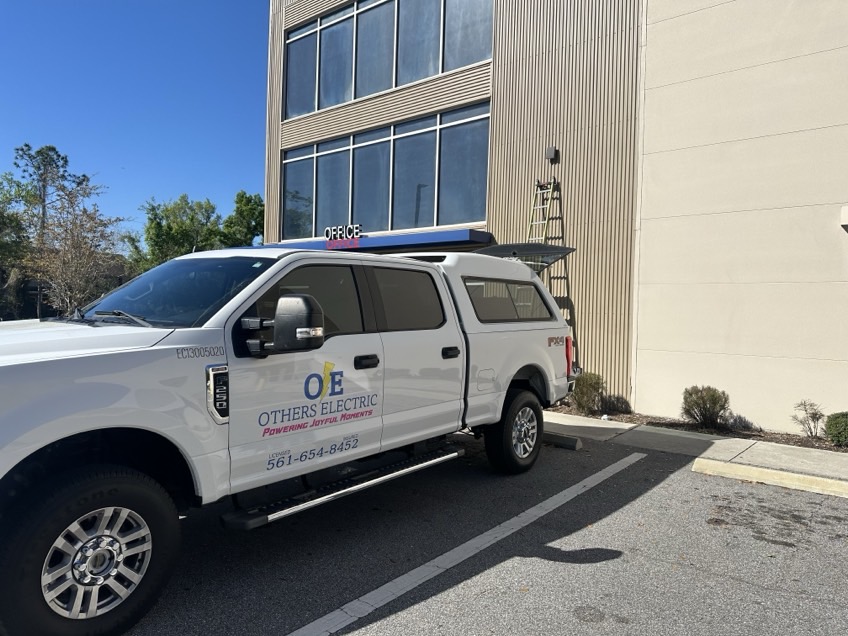
The Role of Government and Emergency Management
The Florida Division of Emergency Management and Federal Emergency Management Agency (FEMA) play important roles during hurricane season. They issue storm forecasts, evacuation orders, and disaster relief guidelines. However, the responsibility for safeguarding individual homes and businesses often lies with the property owner.
Being aware of local emergency resources and integrating them into your own preparedness strategy is essential. In addition to storm kits and evacuation plans, incorporating electrical readiness into your hurricane preparedness checklist is a wise investment.
Climate Change and Evolving Hurricane Patterns
Recent research suggests that climate change may be influencing hurricane behavior. Warmer sea surface temperatures can increase the intensity of storms, while rising sea levels exacerbate flooding and storm surges. As a result, future hurricane seasons in Florida could bring stronger storms and more widespread damage.
This emerging reality makes it more critical than ever for residents and business owners to invest in resilient electrical infrastructure. Energy-efficient upgrades, renewable energy solutions like solar panels, and smart grid technology will likely play a larger role in storm resilience.
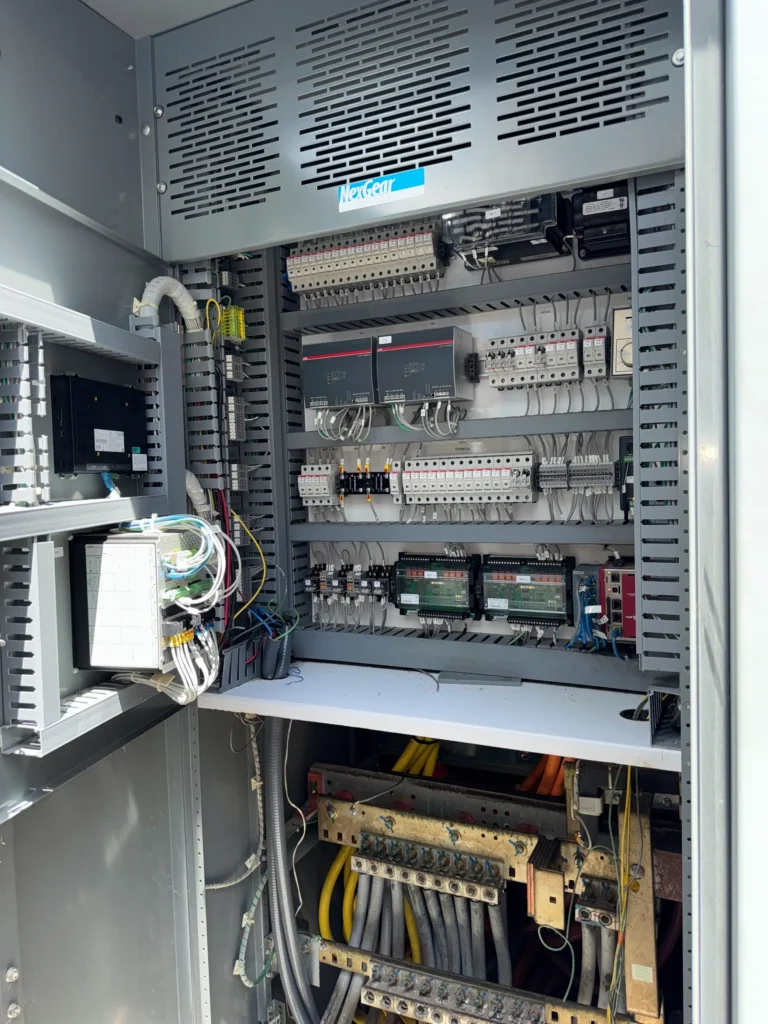
Conclusion
Hurricane season in Florida is a predictable but often devastating event that demands thorough preparation, especially when it comes to electrical safety and reliability. From early June through the end of November, residents must remain vigilant, informed, and proactive. By understanding the risks and taking concrete steps—such as surge protection, generator readiness, and professional inspections—you can safeguard your property and loved ones.
Others Electric stands ready to help Florida homeowners, business owners, and property managers stay safe and connected throughout hurricane season. Reach out to schedule a consultation or electrical system evaluation before the next storm hits.
For more insights into electrical safety, view some our Services. You can also explore hurricane readiness resources at FloridaDisaster.org and the National Hurricane Center.

